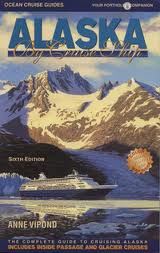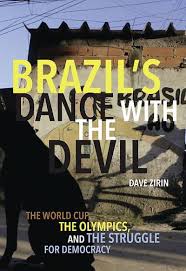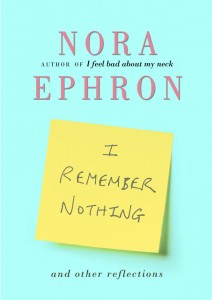Alaska By Cruise Ship
Written by Ashley Kelmore, Posted in Adventures, Reviews
Two Stars
I’m going on a cruise to Alaska this summer to celebrate my dad’s 70th birthday, and I’m pretty excited. I’ve never been north of Vancouver on the West Coast, so I thought I’d pick up a book to learn what I should check out when I’m in the various ports. I’ve been on a cruise before, so I generally know what to expect on that front – I just wanted some information on locations and maybe a little history.
This book is fine. I don’t think a lot of editorial effort went into it – there’s at least one pretty obvious error that shouldn’t have escaped anyone’s eye, really – but there’s a lot of information, and some history. In fact, there was probably more history than your average travel book, so I appreciate that. However, I’m a bit suspect about the accuracy. It’s not just the aforementioned typo; that can happen if you don’t have a great editor, or even if you do, mistakes still get made.
However, it’s not just typos. Because many Alaska cruises start and/or end in Seattle, there’s a nice section on my home city. Even though I live here, I still read that section, and it was full of errors that would have been avoided with some basic fact-checking (i.e. Googling). I know information can become out of date quickly in the travel guide world, but considering this edition of the book came out in March of this year, I expect it to be fairly accurate. Some things I take issue with might just be a matter of interpretation – the author claims the north cruise ship dock is 20 minutes from downtown, which, I guess, if traffic is moving at 5 miles per hour, that MIGHT be the case. But it’s literally four miles from the heart of downtown – I know because I used to go for runs from the middle of downtown up to there and back. But like I said, maybe she just wanted to cover her rear so people allow enough time. Okay.
But Ms. Vipond also talks about buses in the downtown Seattle corridor being free between 6 AM and 7 PM, but they got rid of the ride-free zone in September of 2012 – not exactly close to the deadline for this edition. And the IMAX Dome theatre she mentions closed well before that – I want to say in 2007? Even the name of our football stadium, which changed a couple of years ago (and got a lot of press this last year, what with the Seahawks winning the Super Bowl) is incorrect. She does point out a relatively new attraction – a Ferris wheel on the waterfront – so clearly she did some research. The point of me going into such detail is because knowing all of those errors in just five or six pages makes me really question whether any of the information in the rest of the book can still be considered accurate.
If you happen to be going on a cruise this summer and want some basic background on the ports of call, I don’t think there’s anything wrong with picking up this guide. I just can’t vouch for accuracy.










